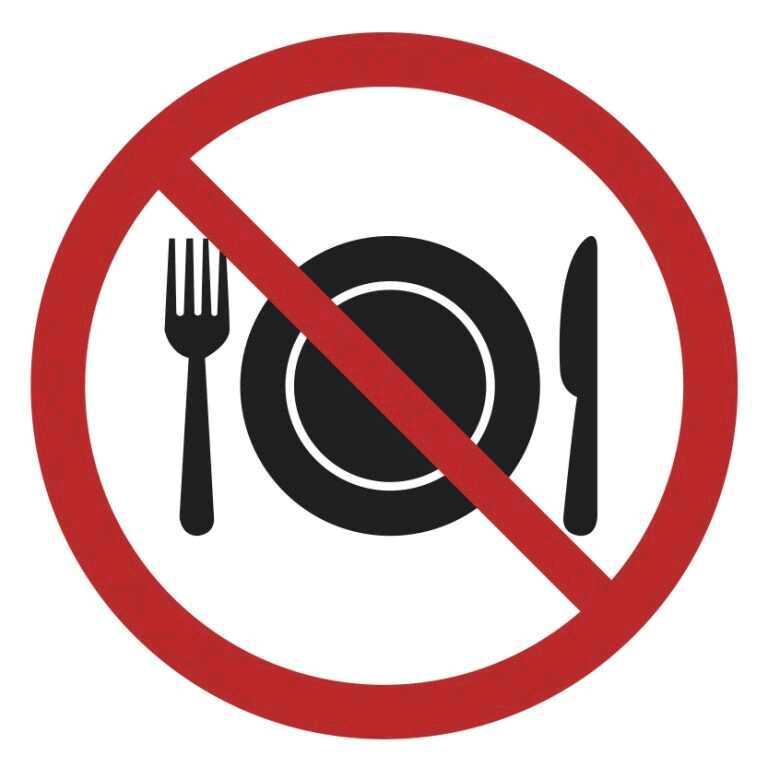
Fasting is not a new concept. Most cultures, ancient and modern, have traditions or expectations when it comes to fasting. Whether fasting is observed as a religious rite, or as a means to restore health and vitality, this type of diet has long been touted as a holy grail for people of all ages and backgrounds.
But rightfully so?
What Is Fasting?
Fasting is a word used to describe a process in which you forego food for an extended period. There are many different types of fasting, ranging from excluding a single item (a meat fast, for instance) to a strict prohibition of all food and drinking only water.
The type of fasting engaged in often depends on the origin of the fast itself—religious, social, etc—while the duration usually depends a great deal on the constitution of the person fasting and their unique body chemistry and ability.
Why Is Fasting Useful?
There are no large-scale studies definitively proving the benefit of fasting, but anecdotal evidence is staggering. People claim that fasting has the ability to deliver a robust strengthening of health while others claim that a simple fast can cause drastic weight loss. Although neither of these has been proven, some bodies of research have found that fasting can provoke a “reset” response, so to speak, encouraging the body of the person fasting to repair damaged systems.
Fasting and Diabetes

A clinical study of mice revealed an interesting phenomenon: mice who were placed on a fasting diet 4 days per week over several months reversed their diabetes. In these animals, a fasting practice was enough not to merely restore health or lose weight, but was responsible for the literal curing of both Type 1 and Type 2 diabetes.
Determining what this means for diabetes patients is tricky. Because human trials can be dangerous and expensive, the study has thus far been limited to mice and external human cells taken from the pancreas. In the study, these cells demonstrated an increased ability to produce insulin.
While the lack of human trials makes this treatment method an experimental one, (and one that is not yet ready to be embarked upon in the medical community), the possibility of reversing and curing diabetes via a single diet warrants further investigation.
Remember that this study was not performed on humans, and suddenly foregoing food for 4 days per week is neither safe nor wise. If you would like to try fasting in small amounts, first speak with your doctor or dietician to develop a plan that works for you.
ReferencesScience Alert. Accessed 5/18/17.
